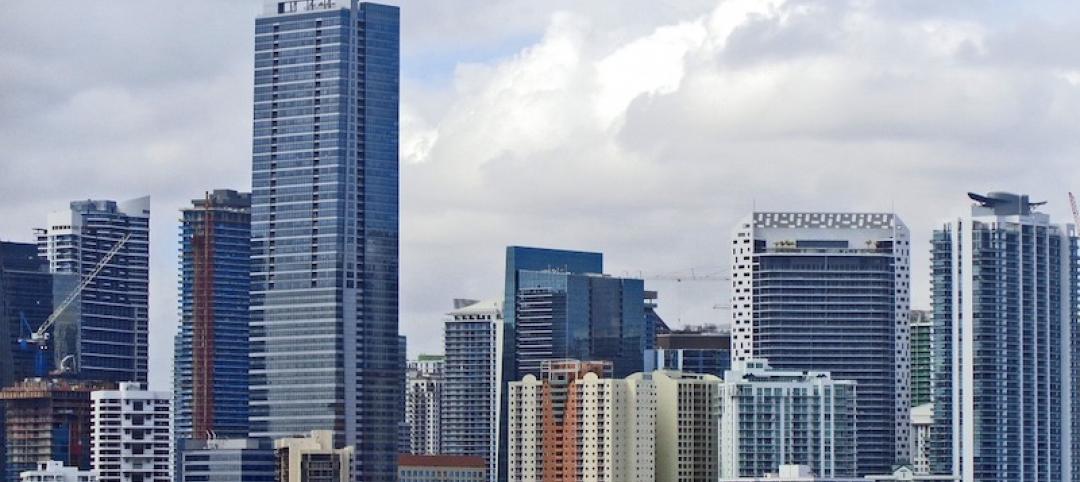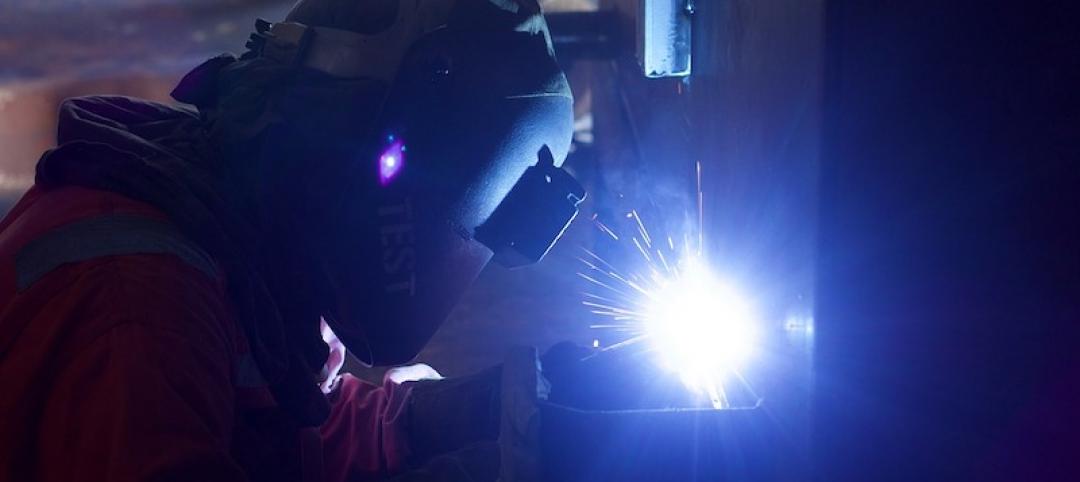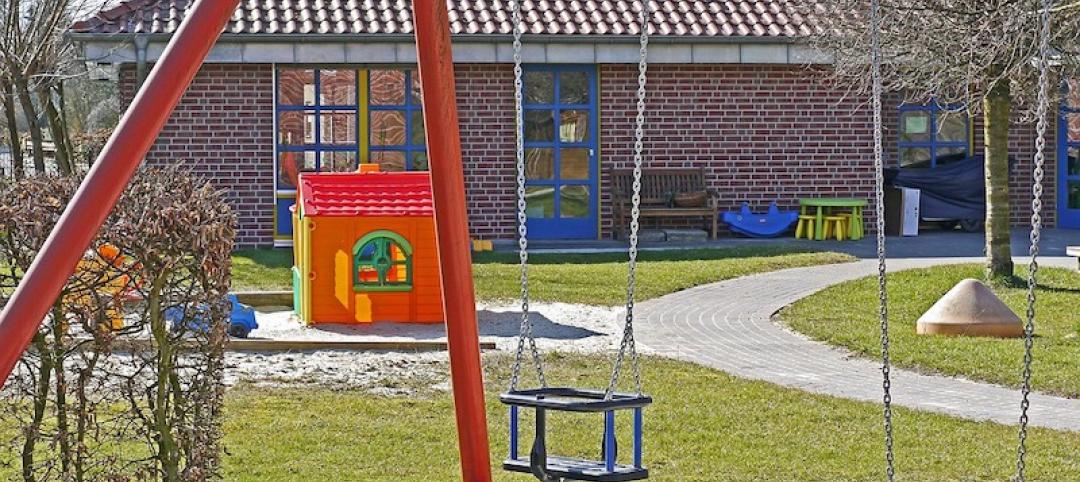Two years ago, a plan to create a smart city project along Toronto’s waterfront was unveiled with great fanfare.
Since then, the proposal, spearheaded by Sidewalk Labs, a subsidiary of Alphabet (Google’s parent company) has prompted extensive public criticism and a lawsuit by the Canadian Civil Liberties Association over data privacy and misuse concerns. The ambitious project was conceived as a showcase for the latest smart city technologies.
The project is to be centered on sustainable and safe transportation systems, and efficient and affordable housing. Technology such as “adaptive traffic lights” would prioritize cyclists and pedestrians and study the possibility of autonomous transit options. Innovative building materials and new occupancy models, like “co-housing”, would offer green, reasonably-priced housing.
With sensors tracking people and vehicles sprinkled throughout the development, privacy rights advocates are concerned that the data could be used for surveillance and discourage people to exercise free speech rights. It didn’t help that at public hearings Sidewalk Labs seemed unable to spell out where this data would be stored and how it would be used.
The company also presented a greatly expanded scope of the proposal from the original 12 acres to a 190-acre area at a public meeting, perhaps misreading the intent of the agreement with the city. These issues have caused delays to the project, but Waterfront Toronto, the city group overseeing it, recently voted to go forward with the 12-acre development.
Other smart city projects around the globe, including in South Korea and India, have been also been plagued by delays and controversies. These challenges indicate that making cities smarter will not be easy.
Related Stories
Codes and Standards | May 20, 2019
Property lenders shouldn’t invest for 30 years in most of Florida, expert warns
Climate ignorance driving some ‘insane’ deals.
Codes and Standards | May 17, 2019
NIMBYism is the biggest multifamily construction barrier
National Apartment Assn. report assesses reasons for difficulty in creating more apartments.
Codes and Standards | May 17, 2019
Dept. of Energy to award up to $33.5 million for advanced construction R&D
Focus is on techniques to reduce energy bills.
Codes and Standards | May 16, 2019
Mixed reviews on targeted tax break for San Francisco neighborhood
“Twitter tax break” may have worsened some of the area’s problems.
Codes and Standards | May 15, 2019
OSHA inspections to increase, says Secretary of Labor
Newly hired inspectors getting up to speed.
Codes and Standards | May 14, 2019
Database records more than 1,360 K-12 school shooting incidents since 1970
Naval Postgraduate School program maps locations nationwide.
Codes and Standards | May 13, 2019
In many cities, downtown housing comes with a hefty premium
Urban core living costs hundreds of thousands more in largest U.S. cities.
Codes and Standards | May 7, 2019
San Francisco plan would require largest commercial buildings to use 100% renewable electricity
First in the U.S. mandate would be phased in from 2022 to 2030.
Codes and Standards | May 7, 2019
ABC says best practices can improve construction companies’ safety by 680%
Daily ‘toolbox safety talks’ were most effective safety measures.
Codes and Standards | May 7, 2019
Office noise significantly reducing employee concentration, productivity, and creativity
Workplace distractions cause some to choose to work remotely.

















